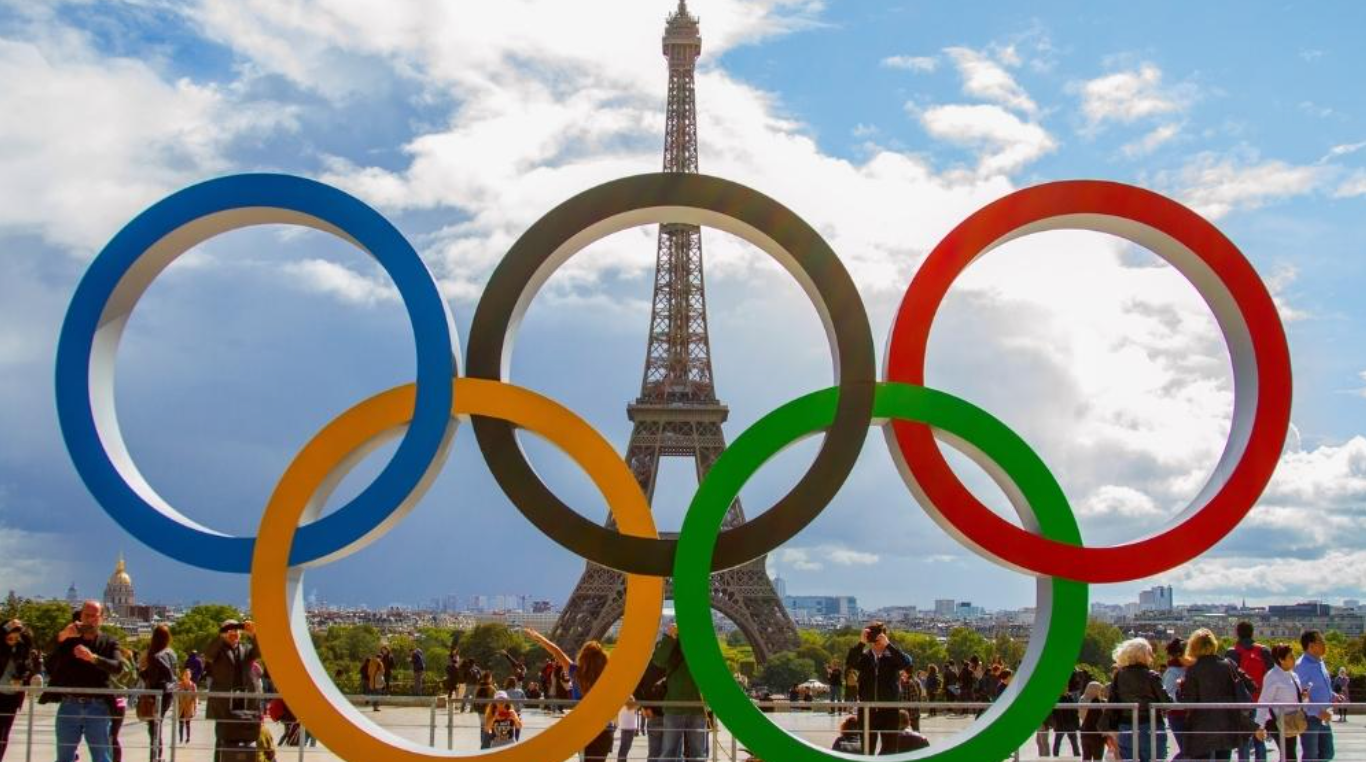The final decision on the women’s marathon has been done and dusted – though the doing and the dusting were separated by an inordinately long time.
Not a single member of the Athletics Australia selection panel, however, will be breathing a sigh of relief. There is still plenty of work to be done, particularly in the middle-distance events were there are way more contenders for places in Paris than there are places in Paris.
So, any abnormality in rhythmic breathing pattern demonstrated by any selector now is more likely to be the short, shallow intakes associated with an anxiety attack than the total expulsion of air from the lungs signifying relief.
At the other end of the selection process, this column understands that all leave has been suspended at the National Sports Tribunal as its arbitrary panel is on standby to hear appeals. Mind you, if the result of the Lisa Weightman appeal over the Paris marathon selection is any guide, unlucky losers may just decide to suck it up and get on with things (spoiler alert: this may not happen).
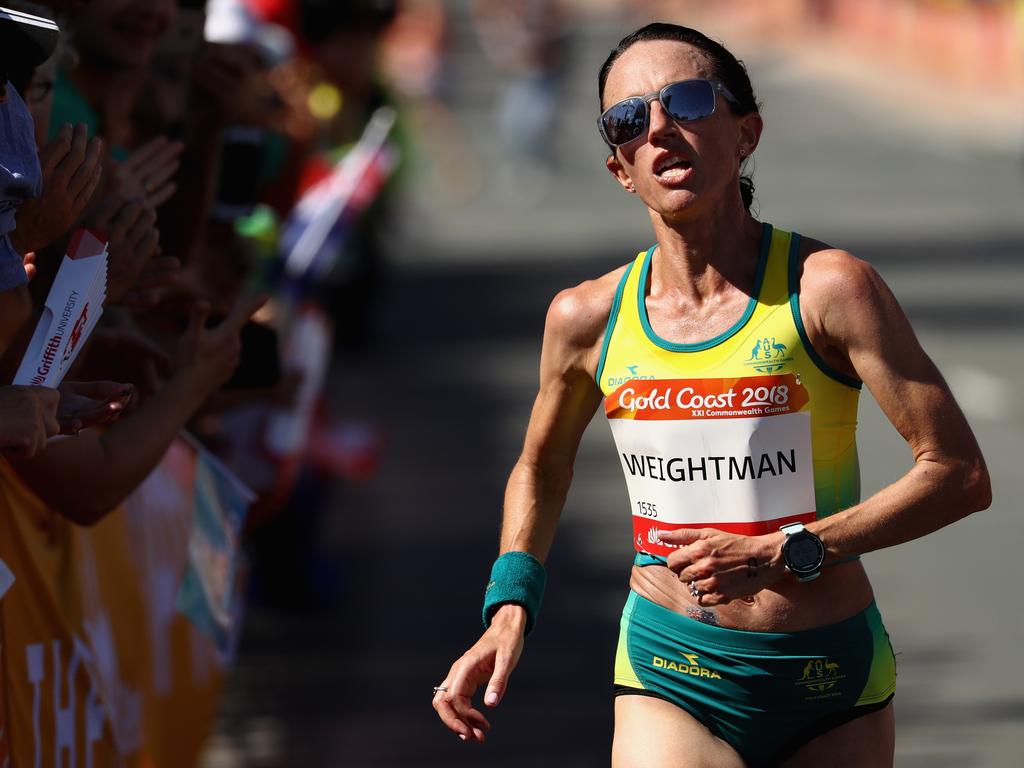 On that last point, those who miss out may care to take a leaf from the playbook followed by Moses Kiptanui and Damiel Komen after they missed selection in the Kenyan team for the Barcelona 1992 and Atlanta 1996 Olympics, respectively.
On that last point, those who miss out may care to take a leaf from the playbook followed by Moses Kiptanui and Damiel Komen after they missed selection in the Kenyan team for the Barcelona 1992 and Atlanta 1996 Olympics, respectively.
The late Kim McDonald, who managed both athletes, got them back to training while others battled out the gold, silver and bronze. Then, he unleashed them to stunning effect.
Kiptanui started with a world record 7:28.96 for 3000 in Cologne on 16 August (40,000 spectators at a meeting which no longer exists!). Three days later in Zurich he ran a world record 8:02.08 for the steeple, five days later again 4:42.53 for 2000 in Monaco and, on 28 August in Brussels, 13:00.93 for 5000.
Komen’s splurge four years later was a little more concentrated (he didn’t do the steeple!). He missed the world record for 3000 by 0.05 with 7:25.16 in Monaco on 10 August, then the 5000 WR by 0.70 in Zurich four days later. He had a nine-day break before running another 7:25 3000 in Brussels then smashed the world record for 3000 with a (still-standing) 7:20.67 in Rieti on 1 September.
Finally, Komen won the 5000 at the Grand Prix final in Milan on 7 September in a ‘modest’ 12:52.38.
It’s probably too much to expect a similar splurge of super-fast runs from those who miss Australian selection in the 800, 1500 and 5000, but that’s certainly one way of putting it to the selectors that they may have been wrong, even if the result is no different than going to the National Sports Tribunal.
So, it seems likely that some or all of the athletes who miss out on Paris selection will roll the dice at the NST and then – who knows – maybe even seek crowd funding to take it all the way to CAS (whatever happened to the NST being the last court of appeal, I wonder. Or am I mis-remembering?).
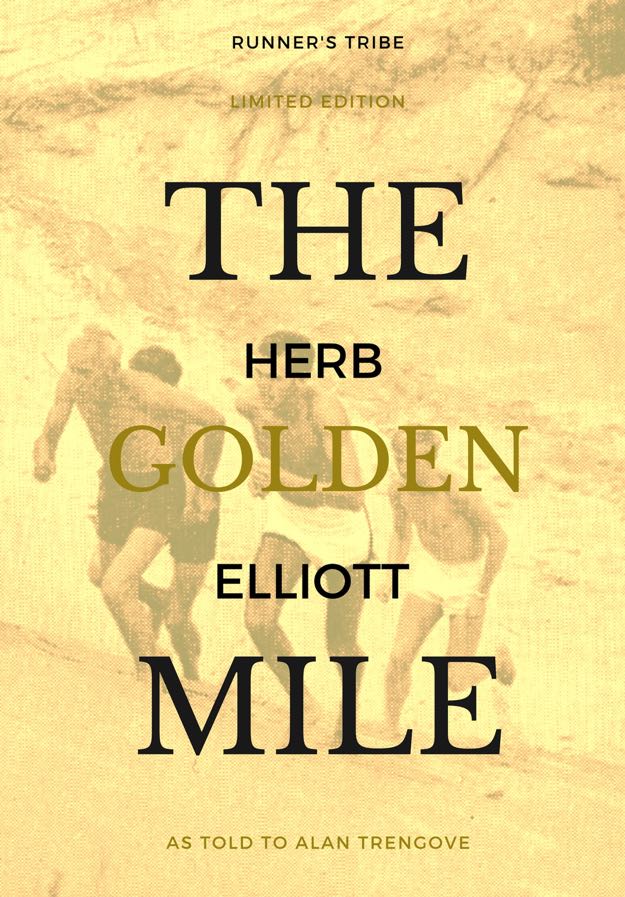
This column wondered after the nationals whether things would become any clearer between then and the closing date for Paris entries. It’s got to be admitted not much has. The women’s 1500 looked a likely candidate for clarification when Georgia Griffith and Sarah Billings both finished ahead of Linden Hall in the opening Diamond League of the season in China. Since then, however, Hall has continued to run at 4-minute level while Billings has fallen away. Jessica Hull is already selected and at this stage it looks like nationals second-place Griffith and third-place Hall will be the other two.
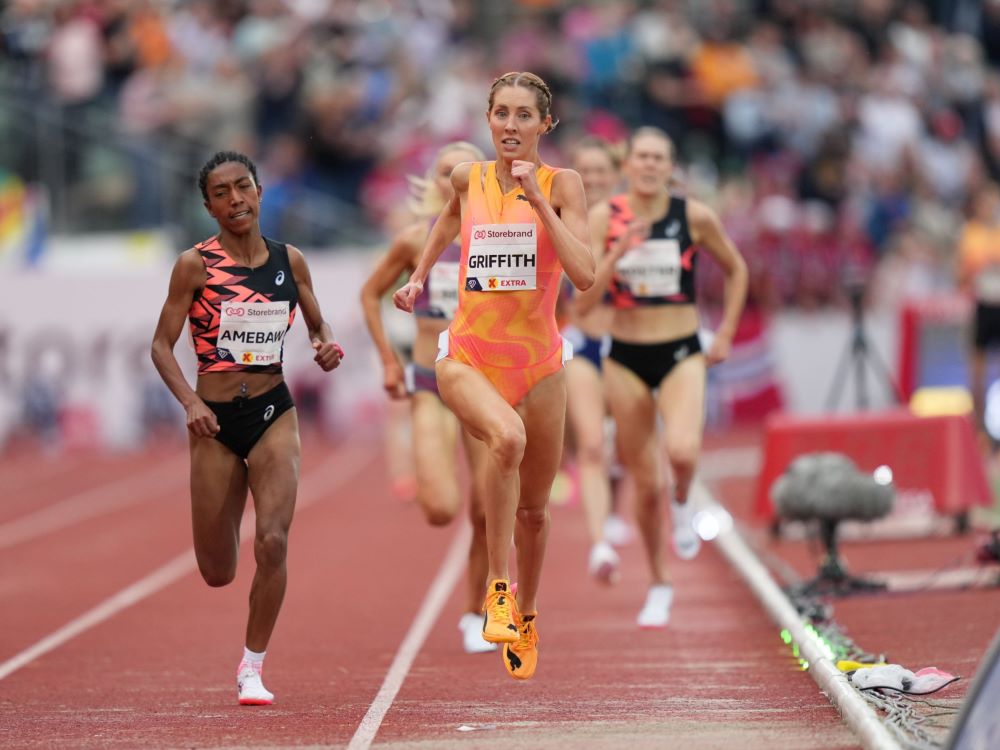 Nationals 1-2 Claudia Hollingsworth and Abbey Caldwell are already selected in the 800. Catriona Bisset, fourth, looks like she has done enough to get the third spot ahead of national bronze medallist Bendere Oboya though impressive performances from Oboya in her upcoming races could bring it back to line-ball again.
Nationals 1-2 Claudia Hollingsworth and Abbey Caldwell are already selected in the 800. Catriona Bisset, fourth, looks like she has done enough to get the third spot ahead of national bronze medallist Bendere Oboya though impressive performances from Oboya in her upcoming races could bring it back to line-ball again.
Hull and Rose Davies have two places sewn up in the 5000. Six others – Izzy Batt-Doyle, Jenny Blundell, Lauren Ryan, Holly Campbell, Maudie Skyring and Natalie Rule – can use a quota spot to make the final place (or two places should Hull not double).
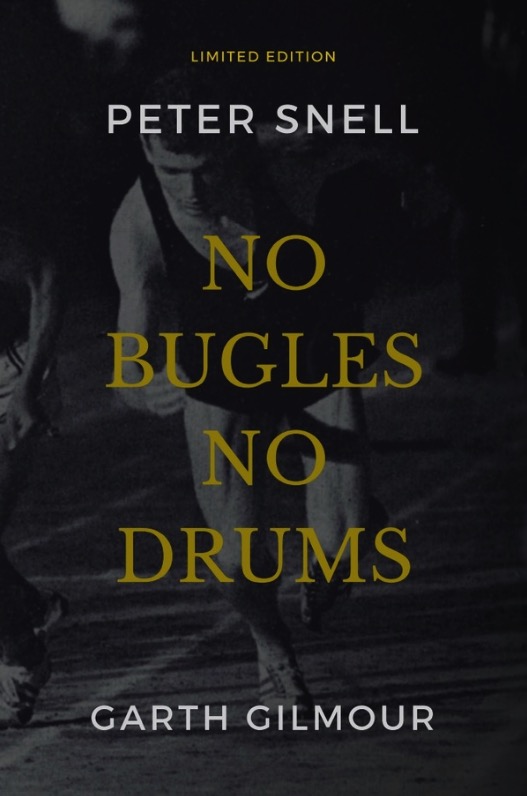
The men’s 1500 and 5000 are both tight. No-one was named in the 1500 after the nationals as Adam Spencer did not fulfill the Australian competition requirement while neither of the minor medallists, Olli Hoare and Jesse Hunt, had the automatic qualifying standard. Spencer will be named, you’d expect, as will Hoare (who now has the big Q). Third? Well that’s a raffle at the minute with Hunt, Stewie McSweyn, Cam Myers (did we mention young and promising?) all able to be selected, and Jack Anstey and Callum Davies just outside the quota places.
McSweyn and Morgan McDonald both have the auto standard in the 5000. Jack Rayner sits at 41 on the rankings, one inside the target number of 42. Rayner, Ky Robinson, Jackson Sharp and national champ Matthew Ramsden are among those still chasing the standard or a place in the quota.

In the 800, Peter Bol has been named, Joseph Deng has the ‘Q’ but is yet to make an appearance, while national champ Luke Boyes and young and promising Payton Craig sit at 40 and 42 in a quota of 48 (there may be universalities in the 800). Boyes beat Bol and Craig at the nationals, Craig beat Boyes at the Oceania champs. This situation could resolve itself if Deng is not active soon or there’s a surge of late qualifiers pushing Boyes and Craig out of the quota.
For more than a decade, selection has been a non-issue, a tick-and-flick process. But the drama of Paris24 selection – sorry, nomination – may yet have a little way to run.



